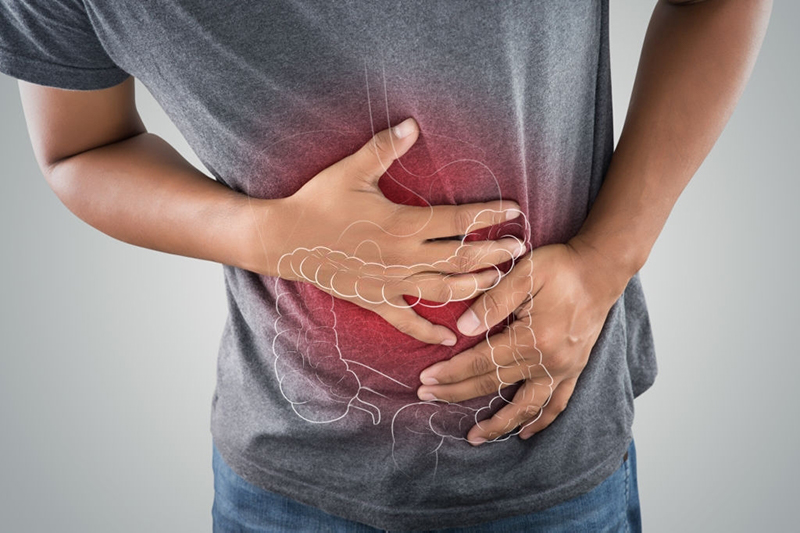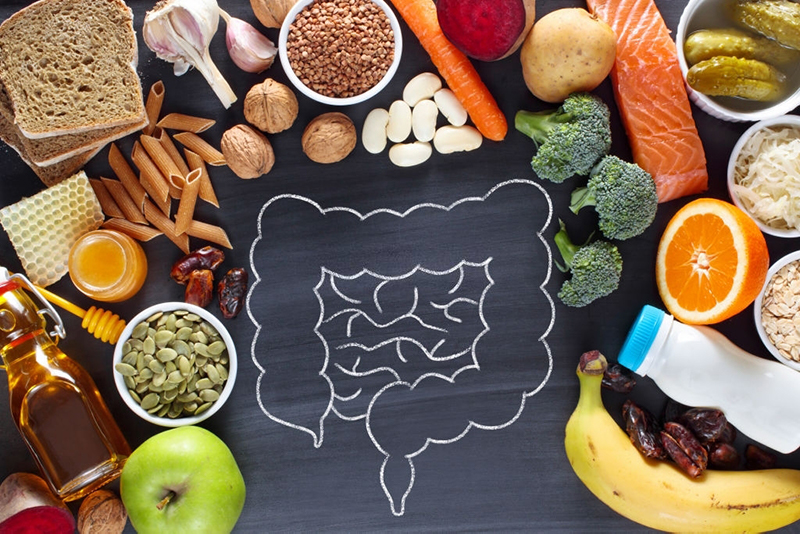
Probiotics, the good bacteria found in yogurt and other fermented foods, have long been lauded for their digestive benefits. Probiotic supplements are widely available in drug shops and supermarkets, and many of them contain Lactobacillus or Bifidobacterium, two of the most regularly utilized bacteria species. probioticseverything.com probiotic constipation
The most compelling evidence for probiotics is in the treatment of diarrhea induced by a viral illness or antibiotic use. Probiotics can help restore the normal balance of microorganisms in your digestive tract, which is disrupted by infection and drugs. Constipation, on the other hand, is more common than diarrhea. It affects roughly 14% of adults and results in 3.2 million medical visits each year in the United States. Every year, Americans spend roughly $7 billion attempting to unblock themselves. probioticseverything.com probiotic constipation
Most over-the-counter constipation therapies, such as laxatives and stool softeners, are ineffective. Almost half of users are dissatisfied with the results of such goods, citing inefficiency or other problems. probioticseverything.com probiotic constipation
Do probiotics help to relieve constipation? Researchers from King’s College in London combed the medical literature and discovered 14 research that satisfied their standards for a well-designed study. All were clinical trials in which persons with constipation were randomly allocated to receive probiotics or a placebo (or other control treatment). probioticseverything.com probiotic constipation
Probiotics reduced “gut transit time” by 12.4 hours on average, increased the number of weekly bowel movements by 1.3, and softened feces, making them easier to pass, according to the findings of the trials. Bifidobacterium-containing probiotics found to be the most beneficial. The findings were published in the American Journal of Clinical Nutrition in October. probioticseverything.com probiotic constipation
However, according to Dr. Allan Walker, director of Harvard Medical School’s Division of Nutrition and a world-renowned probiotics expert, there isn’t enough data to recommend a specific probiotic for constipation. Each of the new report’s minor studies had diverse designs and findings, making it difficult to make a particular suggestion. probioticseverything.com probiotic constipation

“I believe that probiotics will be quite useful in the future as a technique to treat constipation and other health issues,” he says. He agrees with the study’s conclusion: a big, multicenter trial with defined outcomes is needed to figure out which probiotic species and strains are the most beneficial, how much to take, and for how long. probioticseverything.com probiotic constipation
Experimenting on your own is definitely a safe bet until that happens. Probiotics appear to have no negative side effects and are typically regarded as safe. But bear in mind that, unlike pharmaceuticals, nutritional supplements like probiotics aren’t studied by the FDA. You might want to speak with a probiotics expert, such as a certified dietician. Also, tell your doctor if you’re taking probiotics for constipation or doing anything else that could harm your health. probioticseverything.com probiotic constipation






